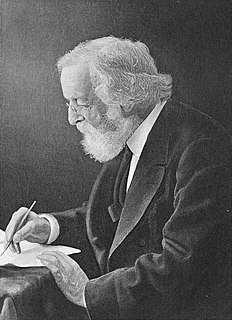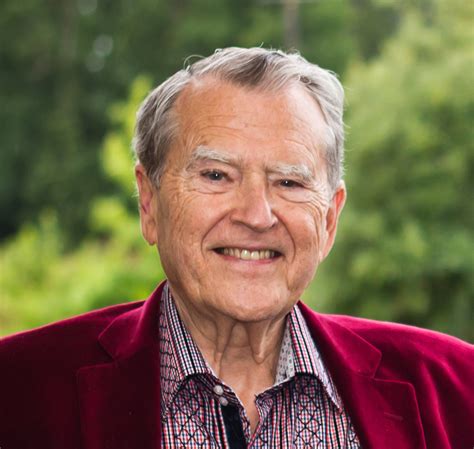A Quote by Mark Twain
Well - Patriotism has its laws. And it also is a perfectly definite one, there are not vaguenesses about it. It commands that the brother over the border shall be sharply watched and brought to book every time he does us a hurt or offends us with an insult.
Related Quotes
We attach our feelings to the moment when we were hurt, endowing it with immortality. And we let it assault us every time it comes to mind. It travels with us, sleeps with us, hovers over us while we make love, and broods over us while we die. Our hate does not even have the decency to die when those we hate die-for it is a parasite sucking OUR blood, not theirs. There is only one remedy for it. [forgiveness]
The next day, when I was sober, I thought again about the three of us, and about time's many paradoxes. For instance: that when we are young and sensitive, we are also at our most hurtful; whereas when the blood begins to slow, when we feel less sharply, when we are more armoured and have learnt how to bear hurt, we tread more carefully.
If the book we are reading does not wake us, as with a fist hammering on our skull, why then do we read? So that it shall make us happy? Good God, we should also be happy if we had no books, and such books as make us happy we could, if need be, write ourselves. But what we must have are those books which come upon us like ill fortune, and distress us deeply, like the death of one we love better than ourselves; like suicide. A book must be an ice-axe to break the sea frozen inside us.
Our government should work for us, not against us. It should help us, not hurt us. It should ensure opportunity not just for those with the most money and influence, but for every American who's willing to work. That's the promise of America - the idea that we are responsible for ourselves, but that we also rise or fall as one nation; the fundamental belief that I am my brother's keeper; I am my sister's keeper.
Macaulay somewhere says, that it is extraordinary that, whereas the laws of the motions of the heavenly bodies, far removed as they are from us, are perfectly well understood, the laws of the human mind, which are under our observation all day and every day, are no better understood than they were two thousand years ago.
In the spirit of faith let us begin each day, and we shall be sure to " redeem the time " which it brings to us, by changing it into something definite and eternal. There is a deep meaning in this phrase of the apostle, to redeem time. We redeem time, and do not merely use it. We transform it into eternity by living it aright.
There’s something amazing about this life. The very same worldly attribute that causes us pain is also what gives us relief: Nothing here lasts. What does that mean? It means that the breathtakingly beautiful rose in my vase will wither tomorrow. It means that my youth will neglect me. But it also means that the sadness I feel today will change tomorrow. My pain will die. My laughter won’t last forever but neither will my tears. We say this life isn’t perfect. And it isn’t. It isn’t perfectly good. But, it also isn’t perfectly bad, either.
He comes to us as One unknown, without a name, as of old, by the lakeside, He came to those men who knew Him not. He speaks to us the same words: "Follow thou me!" and sets us to the tasks which He has to fulfill for our time. He commands. And to those who obey Him, whether they be wise or simple, He will reveal himself in the toils, the conflicts, the sufferings which they shall pass through in His fellowship, and, as an ineffable mystery, they shall learn in their own experience Who He is.
Reading the very best writers—let us say Homer, Dante, Shakespeare, Tolstoy—is not going to make us better citizens. Art is perfectly useless, according to the sublime Oscar Wilde, who was right about everything. He also told us that all bad poetry is sincere. Had I the power to do so, I would command that these words be engraved above every gate at every university, so that each student might ponder the splendor of the insight.
If we assiduously cultivate our powers of exaggeration, perhaps we, too, shall obtain the Paradise of Liars. And there Raphael shall paint for us scores and scores of his manifestly impossible pictures... and Shakespeare will lie to us of fabulous islands far past 'the still-vex'd Bermoothes,' and bring us fresh tales from the coast of Bohemia. For no one will speak the truth there, and we shall all be perfectly happy.






































